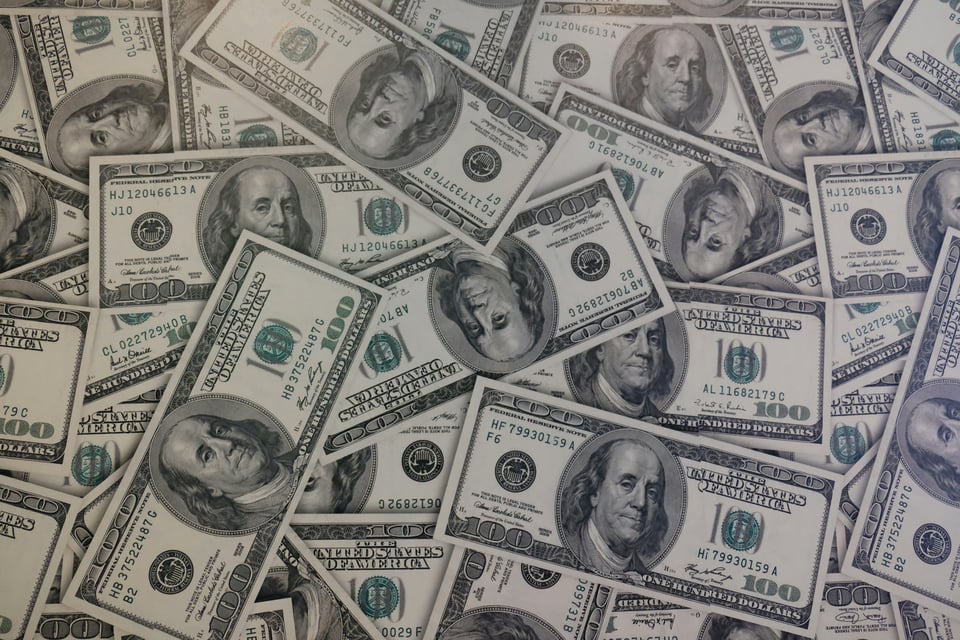12/19/24 4:00 am
I run a consultancy, which I creatively named Lex Friedman Consulting. I have a nice mix of clients. Sometimes, I work with brands who want to advertise on podcasts, to help them find the best shows to advertise upon, for the best return on their investment.
Every time I try to run host-read ads on Spotify, I hit a roadblock: Spotify won’t let you buy host-read ads unless you spend at least $100,000.

That’s fine for BetterHelp. But it also means that Spotify won’t land a single new-to-podcasting advertiser. Potentially, ever again. Even an advertiser with a massive marketing budget will find it difficult to contemplate spending $100,000 on only Spotify’s shows, vs. spreading that $100k across (say) ten shows on four different podcast networks.
That’s bad. For Spotify, but also for the rest of podcasting.
Because what Spotify does, when it tells you that you must spend $100,000 to buy host-read ads, is that you can spend way less if you’re willing to run pre-produced spots instead. That is, non-host-read ads. That is, ads that work worse.
Spotify might tell you that pre-produced ads work just as well as host-read ads. The problem is… they don’t. I don’t have hard data to back this up, and I’m willing to look at data that says I’m dead wrong. But I can tell you that I don’t ever listen to pre-produced ads — I thirty-second-skip-button them. I do, however, listen to host-read ads — sometimes. And I know I’m not alone.
I’m not going to pitch you on host-read ads, but they leverage your respect and admiration for, and trust in, the host voicing the spot. Our brains are really, really good at ignoring spots voiced by somebody else, the same we’re good at ignoring the ads that pop up between songs when we listen to music, or the banner ads on websites. I can’t tell you the last banner ad I saw and remembered — because I don’t remember them. Host-read ads keep your attention, so they work better.
But you can’t buy those ads from Spotify, unless you’re willing to commit $100,000. So if you do decide to commit your spend to Spotify, that might mean a small handful of spots on one of their biggest shows (Joe Rogan, Bill Simmons) at best.
What you’re more likely to do — if you don’t test the waters with other podcast networks — is agree to try Spotify’s pre-produced ads. And those ads will perform, at best, mediocrely. Lots of listeners will skip or ignore them. The listeners that don’t skip still won’t pay a ton of attention; your pre-produced ad is almost certainly abutting another one, and they all kind of blend together into a bland audio mush.
So if you’re a new advertiser in podcasting and decide to test out a $50,000 spend — a very significant starting budget! — and Spotify convinces you to do it without host-read ads… you’re probably going to end up wholly unimpressed with the performance of podcast ads. That’s bad for the industry.
(My favorite advertisers are renewal advertisers. And advertisers only renew if they’re happy, and they’re happy if the ads work.)
On the flip side, Spotify’s approach could be a boon to its competitors. If I sold host-read ads elsewhere, I’d have a significantly lower minimum.
(To be clear, I understand Spotify’s motivations here. Chief among them is the belief that pre-produced ads are significantly easier for Spotify to scale and even automate. The downside is: They’re worse.)
Pricing is hard. Spotify wants to write large insertion orders. And it wants to incentivize the kinds of ads it thinks it can scale better. Host-read ads work but they’re also a giant pain to sell. You need hosts to approve, and then to get copy, and then to read the copy correctly, and it’s a lot. I get that.
Charging more for things — or making minimum spends higher — feels like a good way to make more money without necessarily doing more. But Spotify is pricing new advertisers out, or worse, spoiling them on podcast ads.
As you price your products, it’s not straight, Excel-based yield optimization. Your process must include evaluating the ramifications of your pricing decisions. And if your competitors get it wrong — boy howdy, what an exciting opportunity for you to get it right.